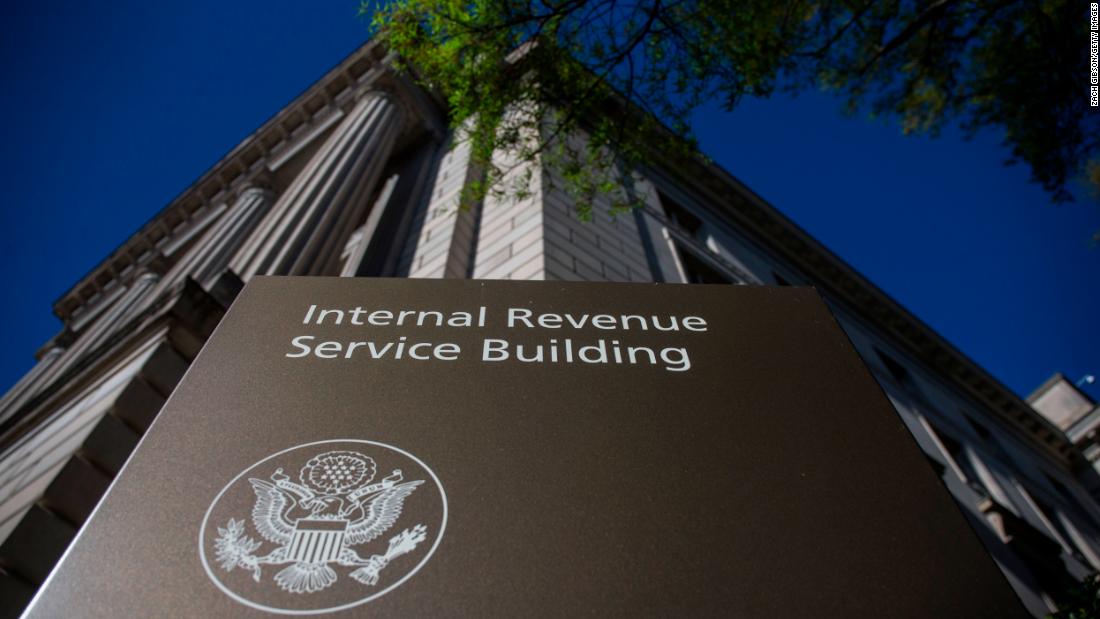Democrats, and Rettig — who was appointed by former President Donald Trump — have said repeatedly that the intent is not to target the middle class but instead focus on making sure wealthy tax cheats comply with the law. It’s ultimately up to the IRS how the money is used.
“The goal should not only be to increase audits, but improve the productivity of audits. You want the IRS to select the businesses and people for audits who really have not been compliant,” said Janet Holtzblatt, senior fellow at the Urban-Brookings Tax Policy Center.
Here’s what it could mean to taxpayers if the IRS gets an increase in funding:
How much funding will the IRS receive?
The new funding would result in a more than 50% increase in IRS funding adjusted for inflation, Holtzblatt said.
The $80 billion would be spread across four different areas of the IRS over the next decade.
More than $25 billion would be allocated to support IRS operations, including expenses like rent payments, printing, postage and telecommunications.
Nearly $4.8 billion would be used for modernizing the agency’s customer service technology, like developing a callback service.
Roughly $3 billion would be allocated for taxpayer assistance, filing and account services.
How many new auditors could be hired?
The Inflation Reduction Act does not instruct the IRS to hire a certain number of enforcement agents, and the agency would need to decide on staffing plans.
“The resources to modernize the IRS will be used for sorely needed improvements to taxpayer services — from answering the phones to improving 1960s-era IT systems — and to crack down on wealthy and corporate tax evaders who cost the American people hundreds of billions of dollars each year,” Natasha Sarin, Treasury Department counselor for tax policy and implementation, said in a statement sent to CNN.
“The majority of new employees will replace the standard level of staff departures over the next few years,” she added.
How much more would the IRS be able to collect in federal taxes?
With an increase in funding for enforcement activities, the IRS will be able to conduct more audits and, as a result, collect more federal tax revenue.
Tougher enforcement is intended to close what’s known as the “tax gap,” or the difference between the amount of tax revenue the government is collecting and what taxpayers actually owe. There are some bad actors who try to evade paying what they owe to Uncle Sam, but some inadvertent errors made by taxpayers drive the tax gap, too.
Who may be more likely to face an IRS audit?
The Biden administration has repeatedly said that it wants the IRS to focus increased enforcement activity on high-wealth taxpayers and large corporations and not target households that earn less than $400,000 a year.
In his letter to lawmakers last week, Rettig wrote “that audit rates will not rise relative to recent years for households making under $400,000.”
He also said that better technology and customer service would make it less likely that compliant taxpayers would be audited.
This week, Treasury Secretary Janet Yellen publicly reiterated Rettig’s statement, noting that the new enforcement resources will instead “focus on high-end noncompliance.”
Lawmakers also included language in the bill that aims to clarify who is the focus of a ramp-up in audits.
The bill says that the new investment in the IRS is not “intended to increase taxes on any taxpayer or small business with a taxable income below $400,000.”
Still, there is some uncertainty about how exactly the IRS will decide how to ramp up audits.
“Clearly this is going to be something that Congress and other interested parties are going to try and monitor — but good luck,” Holtzblatt said.
“I think it’s going to be a difficult commitment to observe whether it’s being followed,” she added.
.
